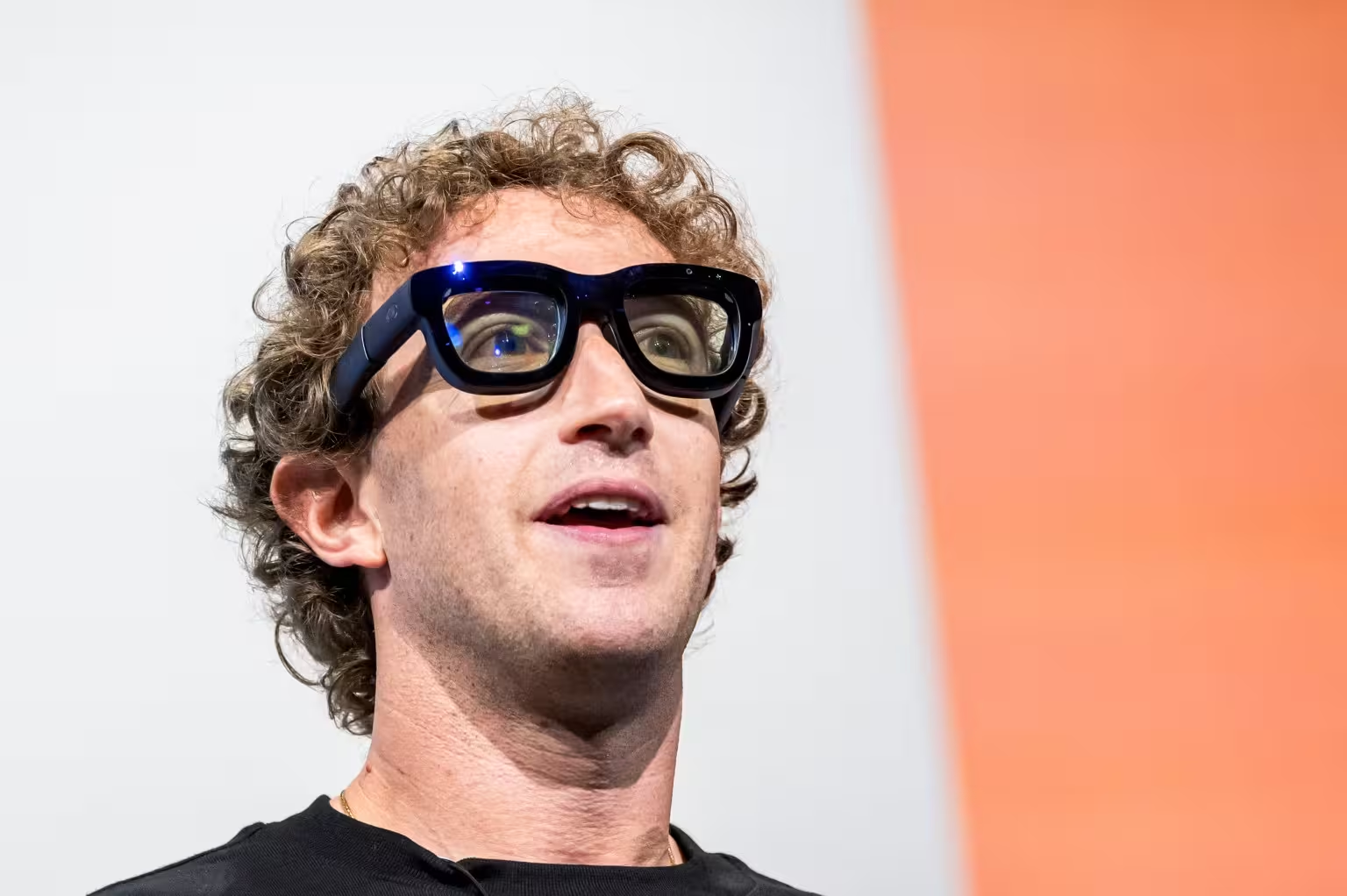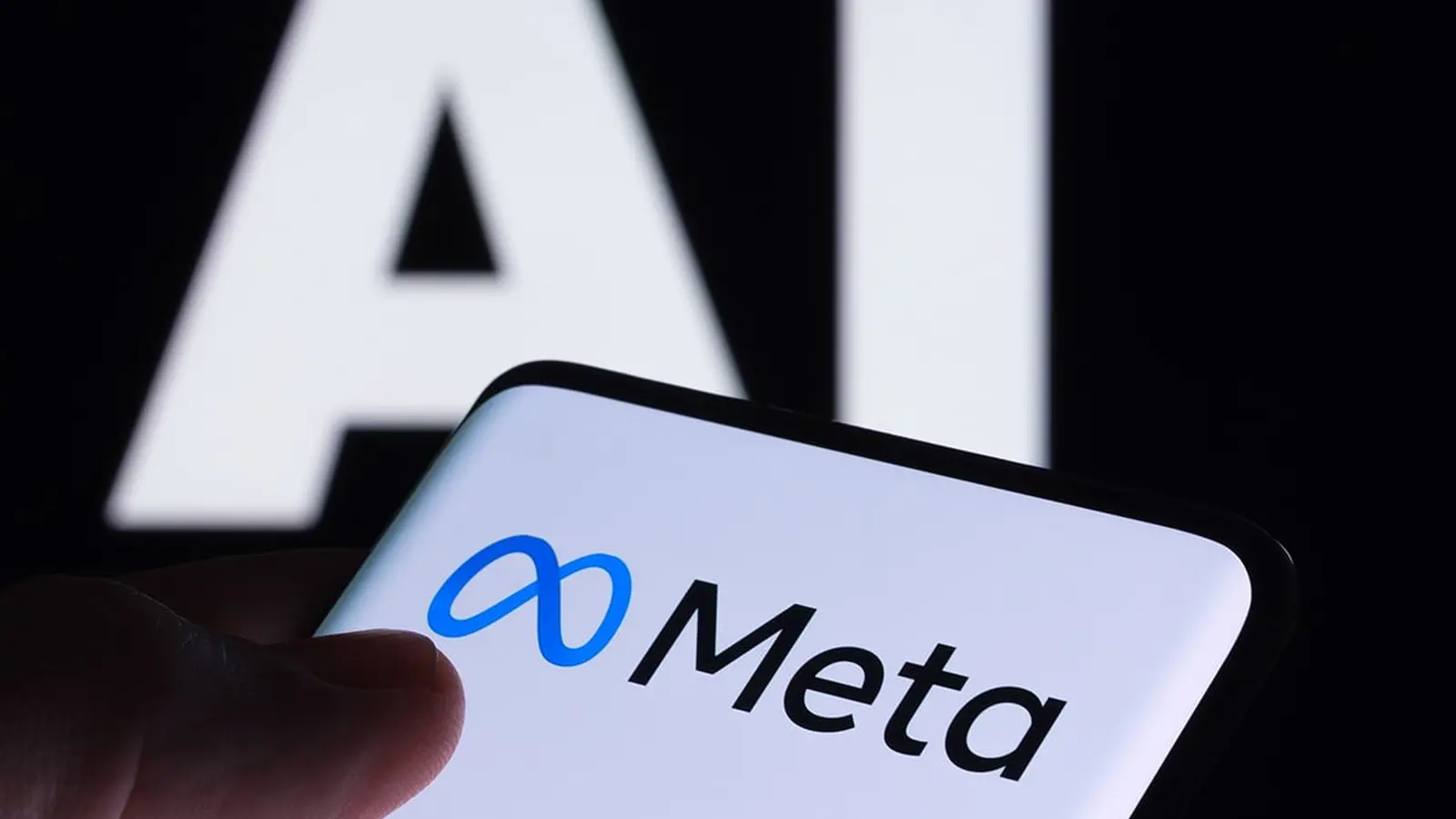4 Minutes
Meta inks licensing deal with Midjourney to boost AI image and video capabilities
Meta has struck a licensing agreement with generative AI startup Midjourney to integrate the company’s image and video generation models into future products, Meta Chief AI Officer Alexandr Wang announced on Threads. The collaboration will see Meta’s research teams working directly with Midjourney to bring its visual generative technology into Meta’s AI roadmap, complementing the company’s in-house efforts.
Why Meta is taking a multi-pronged approach
Wang framed the partnership as part of an "all-of-the-above" strategy: recruiting top talent, investing in large-scale compute, and partnering with leading AI developers across the industry. For Meta, licensing Midjourney’s models is another lever to accelerate innovation and remain competitive with other advanced AI image and video systems such as OpenAI’s Sora, Black Forest Lab’s Flux, and Google’s Veo.
Product features and integration opportunities
Image generation: richer visual creativity
Midjourney is known for producing highly realistic and distinct visual styles. Integrating those models could enhance Meta’s image generation features — building on Imagine, the company’s existing image tool available across Facebook, Instagram, and Messenger. Users may see improved photorealism, stylized outputs, and faster generation times as Meta blends Midjourney’s research with its own systems.
Video generation: expanding Movie Gen
Meta also operates Movie Gen, a prompt-driven video creation tool. Licensing Midjourney’s V1 video model (released in June) could enrich Movie Gen with higher-fidelity frames, more coherent motion, and novel stylistic controls for creators, marketers, and social users.

Comparisons and advantages
Compared with rivals, the Midjourney license gives Meta a shortcut to distinctive output quality without building everything from scratch. Advantages include:
- Faster time-to-market for advanced generative features
- Access to a unique aesthetic that helped Midjourney grow rapidly
- Flexibility to combine Midjourney techniques with Meta’s scale, data, and compute However, the deal’s exact terms remain undisclosed, and licensing differs from acquisition in that Midjourney remains independent and investor-free, according to CEO David Holz.
Use cases and market relevance
Generative AI features could be rolled into a variety of consumer and professional scenarios: social media content creation, advertising and branded content, rapid prototyping for designers, and automated video snippets for storytelling. For brands and creators, better in-app image and video generation reduces friction and opens new creative workflows.
Business context and industry dynamics
The Midjourney agreement is the latest move in Meta’s broader AI push. Earlier this year, CEO Mark Zuckerberg aggressively recruited AI researchers with large compensation packages, invested billions in AI infrastructure partners like Scale AI, and acquired startups including Play AI for voice tech. Meta has also engaged in acquisition talks with other labs and explored strategic options as competition in generative AI intensifies.
Legal backdrop and company profile
Midjourney, founded in 2022, quickly became a leader in AI image generation and reportedly approached $200 million in revenue by 2023 through subscription tiers ranging from about $10 to $120 per month. The startup has remained independent and, importantly, is facing legal scrutiny: Disney and Universal filed suits alleging Midjourney trained models on copyrighted works. Similar lawsuits target other model developers, and courts have so far delivered mixed rulings favoring tech companies in some cases.
Outlook
Integrating Midjourney’s models could give Meta an edge in visual generative AI, accelerating product innovation across its social platforms. The partnership highlights how licensing, investments, and talent acquisitions are converging as major tech firms race to define the next generation of creative AI tools.
Source: techcrunch


Leave a Comment